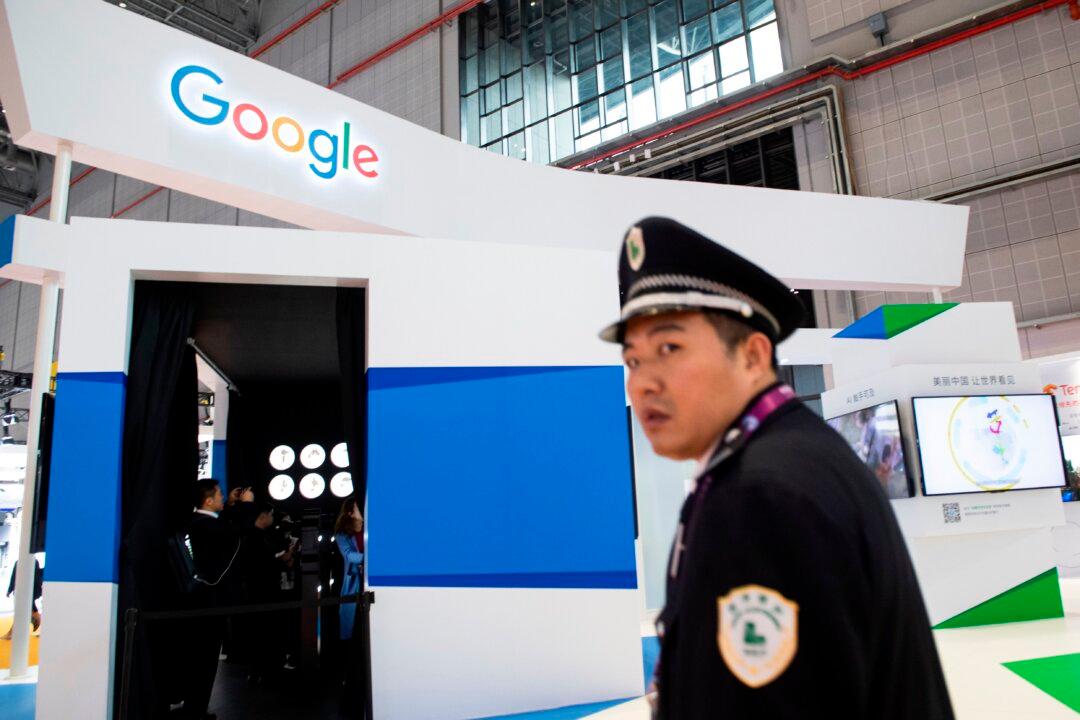Google’s connections to China have come under scrutiny after U.S. President Donald Trump in late July said his administration would look into allegations that Google was working with the Chinese government on projects that could threaten U.S. national security.
“There may or may not be National Security concerns with regard to Google and their relationship with China. If there is a problem, we will find out about it. I sincerely hope there is not!!!” Trump wrote in a July 26 tweet.





